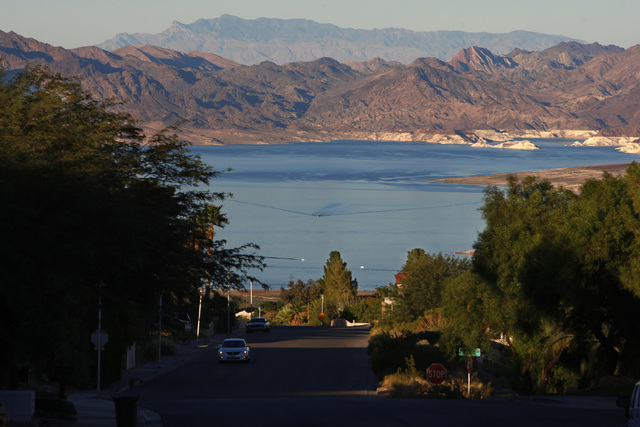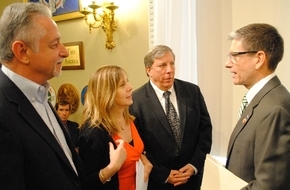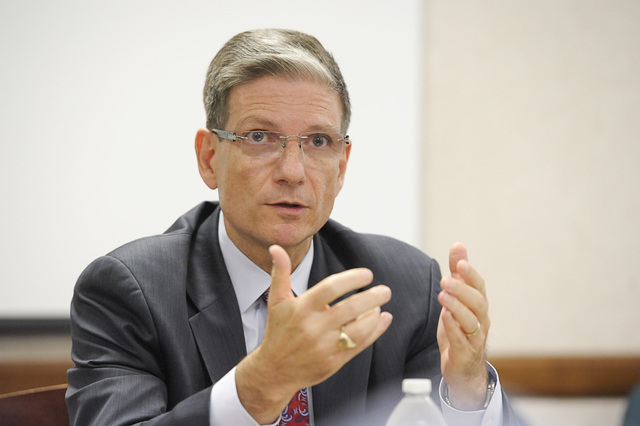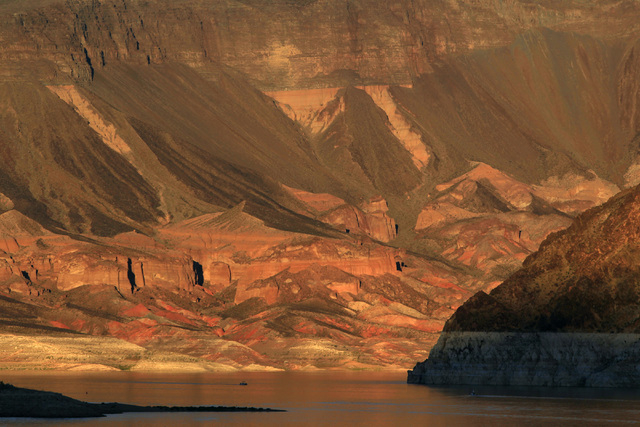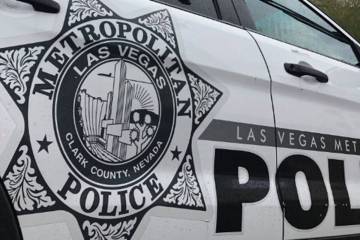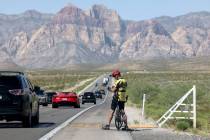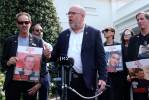Lake Mead “Samaritan” bill dies in Senate
WASHINGTON – The House in January voted 394-0 for a bill to cut red tape at Lake Mead and other federal parks so recovery teams could search for victims of accidents or foul play. But the bill died late Tuesday when the Senate failed to take follow-up action before adjourning.
Rep. Joe Heck said Wednesday he was exasperated the “Good Samaritan Search and Recovery Act” fell by the wayside. He said he will try again when a new Congress convenes next year.
“It’s frustrating that a bill that passed the House unanimously would be blocked from passage in the Senate,” Heck, R-Nev., said. Heck spokesman Greg Lemon said Heck’s office was told two senators put “holds” on public lands and natural resources bills in the final days of the session.
Heck and Sen. Dean Heller, R-Nev., sponsored bills after learning of families who were confronted by bureaucracy while trying to gain access to Lake Mead National Recreation Area for volunteer rescue and recovery teams to search for lost relatives.
It took the Goldberg family and Red Rock Search and Rescue nine months to raise money and obtain the necessary $1 million in liability insurance for a special use permit to search a rocky section of the park for the body of Keith Goldberg, a Las Vegas cabdriver slain in January 2012. When searchers finally entered the park, Goldberg’s partial remains were recovered in less than two hours.
Likewise, it took 10 months for divers with Earth Resource Group to gain permission to search the lake for Air Force Staff Sgt. Antonio Tucker, who was presumed drowned. Volunteers found Tucker’s body on April 16, 2013, after less than two days of searching.
Jeffrey Goldberg, the brother of Keith Goldberg who had attended House and Senate hearings on the legislation, said he was disappointed.
“I feel terrible,” Goldberg said. “So what happens now? It has to go through the House again the same way? This is some country.”
The Good Samaritan Search and Recovery Act directed the Interior secretary to expedite federal land access to eligible search groups. It removed the requirement that groups obtain liability insurance and directs land managers to issue access approvals or denials within 48 hours.
“While this is a disappointment, we will begin the process again next year and try to get this done because denying volunteers access (to) public lands for missing person searches is a bad policy that should be changed,” Heck said.
As Congress weighed the bill, the National Park Service this year completed a memorandum of understanding with Red Rock Search and Rescue that will expedite the group’s access to Lake Mead. The legislation seeks to force change across the park system and on other federal lands.
“The attention surrounding this legislation has already forced federal agencies to change their policies regarding searches for missing persons,” said Heller spokesman Neal Patel.
“It’s unfortunate some senators used procedural hurdles to stop this bill and many other members’ common-sense natural resources bills from being sent to the president’s desk for signature,” Patel said.
Procedural “holds” are done behind the scenes in the Senate. Unless senators acknowledge them, it is often difficult to determine who has placed blocks on bills. Congressional officials said further lands bills were put on ice in the final days after almost 100 energy and natural resources projects were attached to the annual defense bill in a controversial move.
Sens. Ted Cruz, R-Texas, and Mike Lee, R-Utah, were involved in late session disputes over legislation. Their offices did not reply Wednesday to queries about whether either had holds on bills.
Contact Steve Tetreault at stetreault@stephensmedia.com or 202-783-1760. Find him on Twitter: @STetreaultDC.



